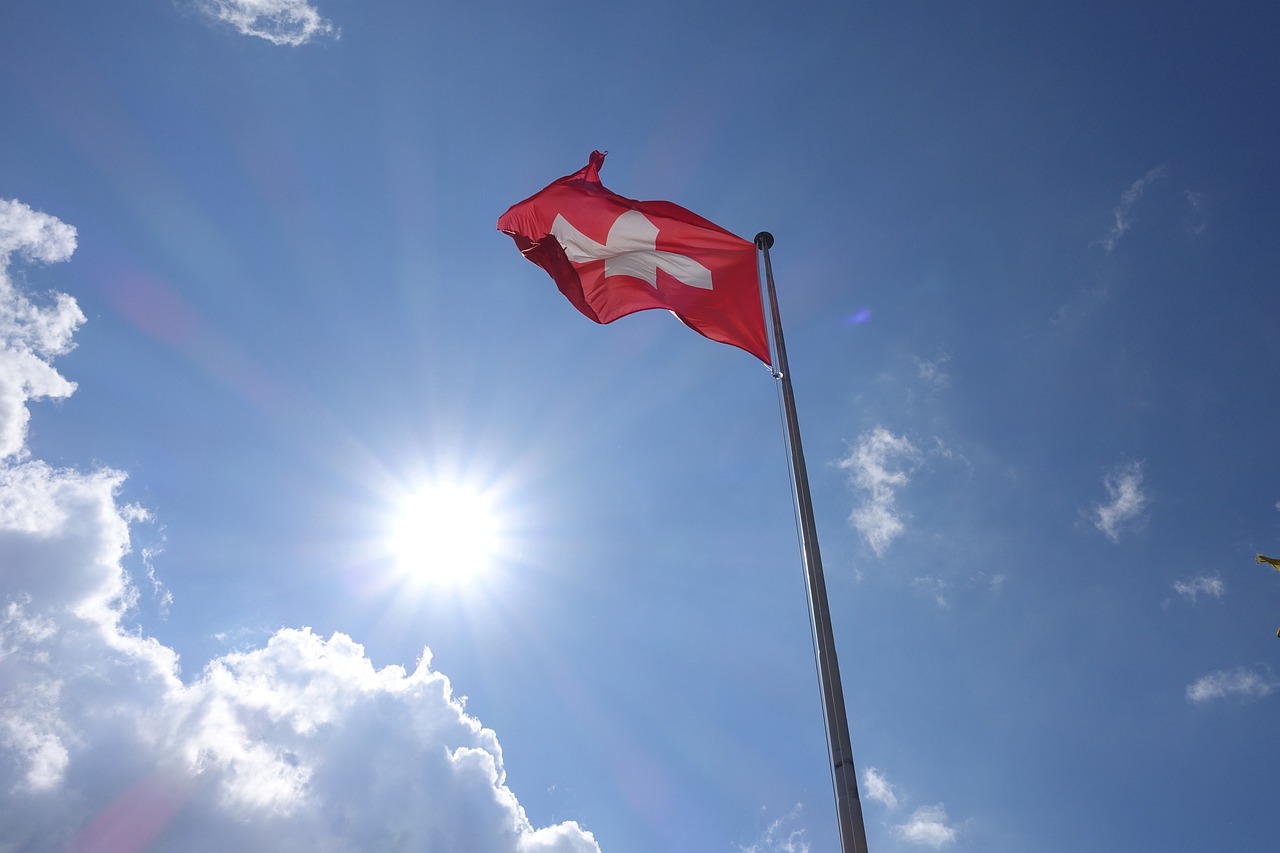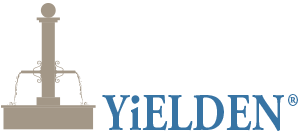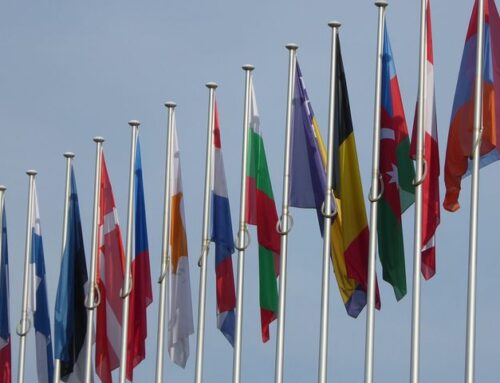Switzerland is widely recognized as one of the world’s leading markets for structured products. With a total turnover of CHF 331bn in 2018, it is the largest market of its kind in the world. This success can be attributed to a combination of factors, including a supportive regulatory environment, a well-educated investor base, and a dynamic and innovative industry.
One of the key drivers of the Swiss structured products market is the country’s regulatory framework. The Swiss Financial Market Supervisory Authority (FINMA) plays a key role in ensuring that the market is transparent and efficient, and that investors are protected. This includes implementing strict rules around product design and distribution, as well as requiring that issuers disclose detailed information about the risks and potential returns associated with their products.

Switzerland, world leader in Structured Products.
Another key factor contributing to the success of the Swiss structured products market is the country’s well-educated and sophisticated investor base. Swiss investors have a strong understanding of the products available to them, and are able to make informed decisions about which products to invest in. This is supported by a range of educational initiatives, including seminars, workshops, and other forms of training, which are aimed at helping investors to better understand the products and the risks involved.
One area of focus for the Swiss structured products market is pension funds. Due to the country’s aging population, there is increasing demand for products that can help to secure retirement income. Structured products can play a key role in this by offering investors a range of options for managing their risk and enhancing their returns.
Another key feature of the Swiss structured products market is the dominance of non-listed products. Nearly two-thirds of all products in Switzerland are non-listed, with private and institutional investments playing an important role. This market is characterized by the issuance of short-term products, almost all of which are investment certificates. The majority of these products have a tenor between one and three years, and are non-capital protected. Yield enhancement products accounted for 46% of total turnover in 2018.
The most popular payoffs in the Swiss market are single or multi reverse convertibles, some of which include a callable or autocallable feature. According to official data, the most widely used asset class is equity (share basket) with a 70% market share. In terms of underlyings, Swiss investors have a home bias with Nestle, Novartis, and Roche being the most common ones. The other typical basket used in Swiss products is an index one, typically Eurostoxx 50, S&P 500, and the Swiss Market Index.
A large proportion of Swiss products is distributed in Asia, therefore, the US dollar is one of the most used currencies, followed by the Swiss franc and the euro. This highlights the global reach of the Swiss structured products market, which is a testament to the country’s reputation as a leading financial center.
In conclusion, the Swiss structured products market is one of the most advanced and successful in the world, with a total turnover of CHF 331bn in 2018. The market’s success can be attributed to a combination of factors, including a supportive regulatory environment, a well-educated investor base, and a dynamic and innovative industry. The market is dominated by the issuance of short-term products, almost all of which are investment certificates, and is characterised by the non-listed products and the strong home bias, with Nestle, Novartis, and Roche being the most common underlyings. The Swiss structured products market is also known for its global reach, with a large proportion of its products distributed in Asia, and for its focus on pension funds.
Get Started with YiELDEN




